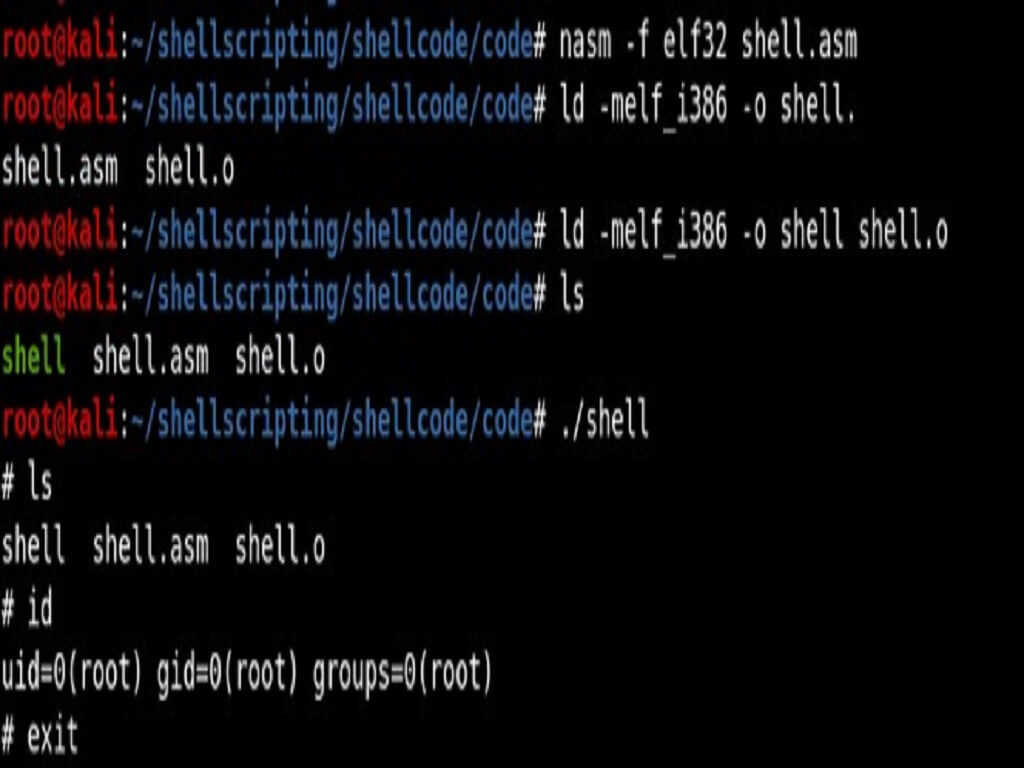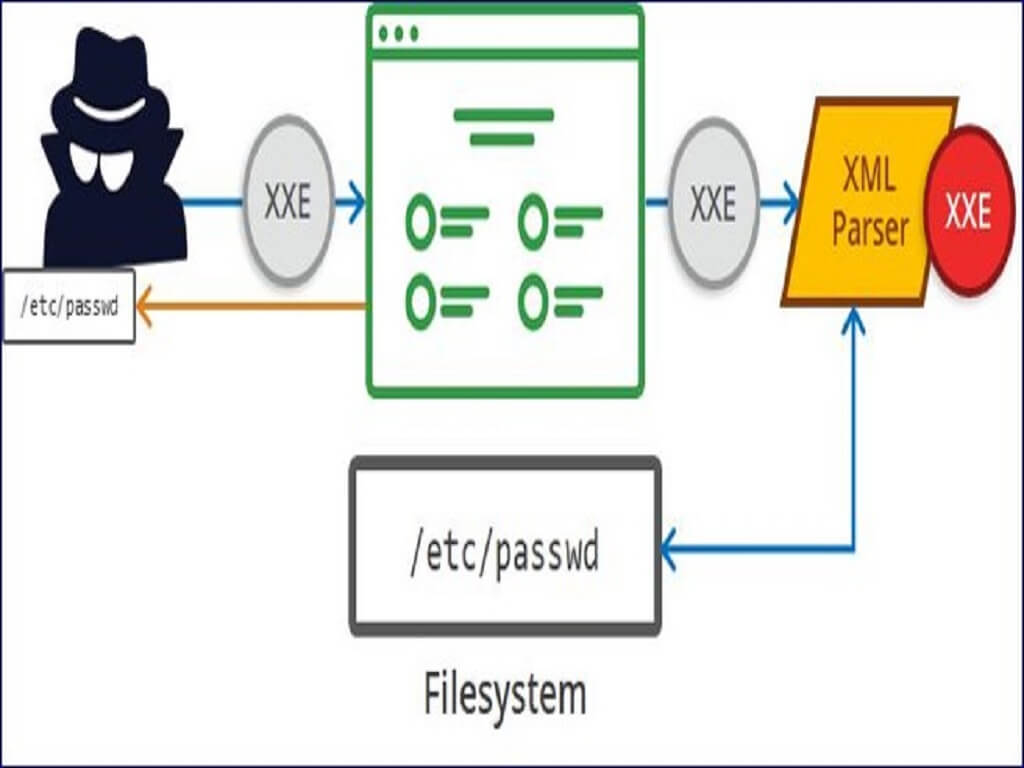Radio Jamming is the deliberate jamming, blocking or interference with authorized wireless communications. In some cases, jammers work by the transmission of radio signals that disrupt communications by decreasing the signal-to-noise ratio.
The concept can be used in wireless data networks to disrupt information flow. It is a common form of censorship in totalitarian countries, in order to prevent foreign radio stations in border areas from reaching the country.
Method
A transmitter, tuned to the same frequency as the opponents receiving equipment and with the same type of modulation with enough power, can override any signal at the receiver.
Consider we want to jam the mobile phone signals, our jammer should deliberately transmit signals on the same radio frequencies as mobile phones, disrupting the communication between the phone and the cell-phone base station, effectively disabling mobile phones within the range of the jammer, preventing them from receiving signals and from transmitting them. Jamming can be used in practically any location, but are found in primarily in places where a phone call would be particularly disruptive because silence is expected, such as entertainment venues.
Because they disrupt the operations of legitimate mobile phone services, the use of such blocking devices is illegal in many jurisdictions, especially without a licence. When operational, such device also block access to emergency services.
Types of Jamming
The most common types of this form of signal jamming are random noise, random pulse, stepped stones, warbler, random keyed modulated CW, tome, rotary, pulse, spark, recorded sounds, gulls and sweep-through. Which can be further categorised into 2 groups of jamming: obvious and subtle.
Obvious jamming – it is very easy to detect because it can be heard on the receiving equipment as it is basically some type of noise such as random noise etc
The main purpose of this type of jamming is to block reception of transmitted signals and to cause a nuisance to the receiving operator.
The thick client applications are made of two types:
Subtle jamming – subtle jamming is jamming during which no sound is heard on the receiving equipment. The radio does not receive incoming signals; yet everything seems superficially normal to the operator. These are often technical attacks on modern equipment, such as “squelch capture”.
We are not going to see each of the methods which can be used to implement jamming.





